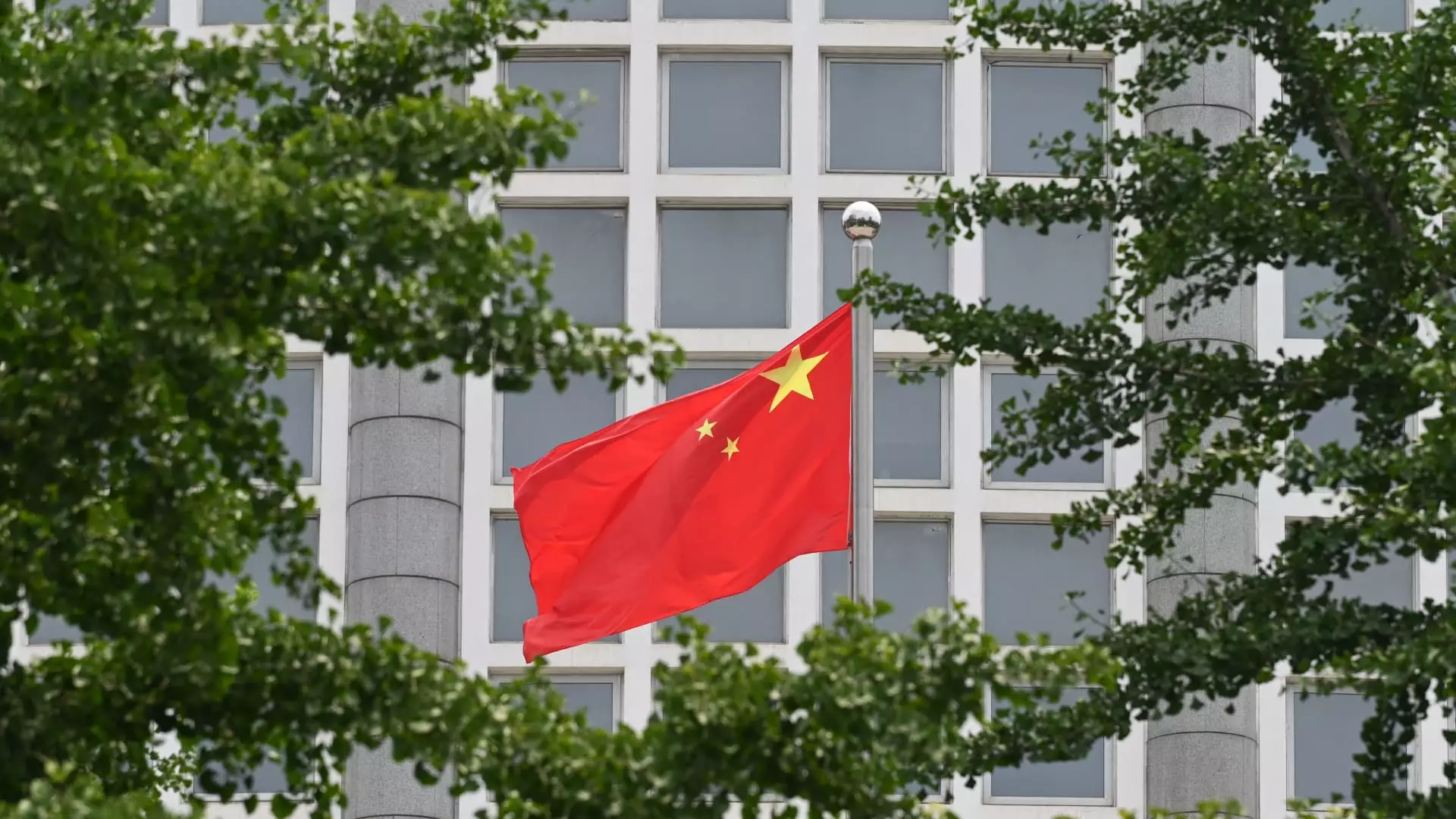In a recent press conference, Zheng Shanjie, the chairman of China’s National Development and Reform Commission (NDRC), outlined a series of initiatives aimed at revitalizing the country’s economy. However, the details provided were met with disappointment by investors, who were hoping for a more assertive approach to stimulus measures. As a result, the stock market rally observed in mainland China had its momentum curtailed. The reactions serve as a testament to the delicate balance that China’s leaders must maintain amid a complex economic landscape marked by sluggish growth and shifting investor confidence.
During the press briefing, Zheng emphasized the acceleration of special bond issuance to local governments as a key strategy for revitalizing regional economies. He disclosed that ultra-long special sovereign bonds, amounting to 1 trillion yuan, have been successfully deployed for local projects. Furthermore, Zheng committed to an additional issuance of these funds in the coming year. Although these measures indicate a proactive stance, investors remained skeptical, yearning for more substantial and immediate fiscal interventions.
To add to this, the central government plans to unveil a 100 billion yuan investment plan by the end of this month, a move designed to inject some urgency into growth strategies. This preemptive measure can be seen as a response to the growing concerns surrounding the country’s trajectory toward achieving its annual growth target of “around 5%.” The urgency has never been more pronounced, considering that previous economic recovery efforts post-COVID-19 have proven lackluster.
The economic briefing came shortly after the mainland Chinese markets reopened from the Golden Week holiday, where initial trading showed strong growth, with major indices surging over 10%. However, this optimism was short-lived, as investors soon recognized the limited scope of Zheng’s announcements. The previous month had already hinted at growing uncertainties when China’s top leaders emphasized the need for enhanced financial and monetary support.
The fear of a stagnant market loomed large, especially with key indicators pointing to a decelerating economy. The manufacturing sector’s difficulties were highlighted during the latest economic reviews, which reported contractions in factory activity for five consecutive months. Alongside disappointing consumer price index numbers and an underwhelming year-on-year CPI growth, the concerns surrounding economic stability become increasingly evident.
Zheng’s comments reflect an ongoing struggle to navigate between necessary economic support and managing inflationary fears. The blends of fiscal, industrial, and monetary policies mentioned suggest that a multifaceted approach is necessary to tackle the myriad challenges facing China’s economy today. Analysts warn that the economy’s slow recovery could hinder its efforts to meet growth targets and bolster consumer confidence.
Further complicating matters, the August CPI figures fell short of expectations, revealing not just stagnation but a potential shift towards deflation. Meanwhile, the Purchasing Managers’ Index (PMI) revealed significant contraction within the manufacturing sector, raising alarms about the potential implications for employment and overall economic health.
In light of the current economic forecasts, the path forward for China will undoubtedly require carefully calibrated fiscal measures, with a keen focus on stimulating domestic demand. As Zheng himself noted, there are “many difficulties and problems” ahead. Yet, this acknowledgment may also present an opportunity for policy-makers to take bold steps towards reforming the economy.
The NDRC’s planned initiatives could lay the groundwork for future developments, depending on how effectively they engage with market realities and investor expectations. Upcoming measures aimed at the property market and domestic spending will be critical. They must go beyond the mere issuance of bonds and translate into tangible economic improvements seen in consumer behavior and the local business climate.
Overall, Zheng Shanjie’s recent statements signal an ongoing effort to stabilize China’s economy during turbulent times. While the pledge to fast-track special bond issuance and initiate further policies is commendable, investors and market analysts will be watching closely for concrete results. The balancing act will be a challenging one, as China strives to navigate the delicate interplay of stimulus needs and sustainable growth amidst a complex global economic environment. As the nation approaches crucial economic decisions in the coming months, the effects of its strategies will become clearer, ultimately determining its ability to recover from the present economic malaise.


Leave a Reply